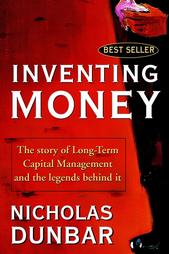 “The Malaysian equity funds have posted "respectable returns" over the mid- to long-term periods, the Federation of Malaysian Unit Trust Managers (FMUTM). It said based on Standard & Poor's report on the fund performance as at July 28, 2006, the average returns for Malaysian equity funds for the seven-year period was 24%, five-year period 56% and three-year period 26%.”
“The Malaysian equity funds have posted "respectable returns" over the mid- to long-term periods, the Federation of Malaysian Unit Trust Managers (FMUTM). It said based on Standard & Poor's report on the fund performance as at July 28, 2006, the average returns for Malaysian equity funds for the seven-year period was 24%, five-year period 56% and three-year period 26%.”Period (year) 3 5 7
UT Return (%) 26 56 24
UT CAGR (%) 8.01 9.30 3.12
FD Return with 4% CAGR (%) 12.49 21.67 31.59
As we can notice from the table above, by placing your money in unit trust (mutual fund) investment for 3 years, the return for the period would be 26% and when it translates to Compounded Annual Growth Rate (CAGR) which is 8.01. Similarly, for the period of 5 and 7 years, the return is 56% and 24% respectively and for CAGR for both, the former is 9.30% and the later is 3.12%. What will you get if you place your investment in “risk-free” Certificate of Deposit (CD) or known as Fixed Deposit (FD) in English Commonwealth countries? With 4% return annually, the figure will shock us!! For the period of 7 years, this “risk-free” investment performs better than unit trust (mutual fund) investment with more than 7%. When handling your hard-earned monies on hoping for better value creation by those fund managers, it seems that they do not fulfill your hope and as they promise – create value to its investors.

While the promoters of the unit trust investment always brainwash us “look for long term”, “let professionals handle your investment” and so forth, the reality is so cruel – it creates no value at all to the investors for longer term. When the promoters once again claim for the “outstanding” performance for 5 years period, bear in mind that the period is started from the 2001/02 market where it was the lowest. The best fund manager is not who gets the highest return when it is bull market, it is who gets the best result when it is bear market. It reminds me once again a famous quote by Warren Buffett: “It’s when the tide down, only you know who is swimming naked.”

